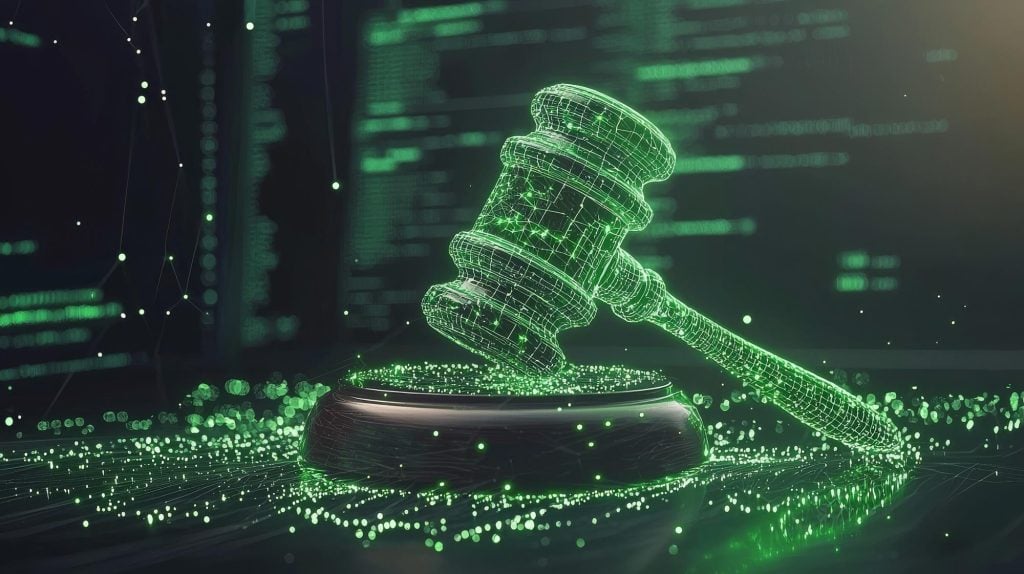While no one can claim patent ownership of Bitcoin, anything new built upon the original Bitcoin Blockchain is fair game. This has led to thousands of blockchain patent application filings across the globe. Many of which have already gained approval.
So how do you become one of the lucky ones to obtain that prized approval? You need to navigate the tricky world of patents. This presents some unique challenges such as, what makes blockchain patentable?
The Bitcoin Paper of 2008
A paper published through the Cryptography Mailing List created by Satoshi Nakamoto outlines the Bitcoin system and elaborate methods for peer-to-peer electronic payments. Because of this publishing, the information contained is now public knowledge.
Once something becomes public knowledge, no one person can claim ownership of it. So it is not patentable.
How Does This Affect You?
You need to be able to show that your use of blockchain technology goes beyond that of this original paper. You also need to show that your innovation is unique and more than an abstract thought or algorithm.
More Than an Abstract Idea or Algorithm
Unfortunately, many patent applications fail to prove this successfully.
Working with an experienced attorney is crucial. They will be able to make the right claims in your application. You can work with your patent attorney to show that your blockchain has “additional features” and that you are using well-known algorithms to solve a problem experienced in “conventional industry practice”
Nonobvious and a Novelty
Let’s assume that you and your attorney create a successful argument for your blockchain patent. You are able to show that your innovation is part of a functional process.
Next, you’ll need to prove that it’s not obvious and a novelty. These are two separate tests. You can prove novelty by showing that your idea is new. Nonobvious is demonstrated by proving that someone with ordinary skill in the industry wouldn’t be aware of it on their own.
These are two tough thresholds to overcome, considering that blockchain technology and development are so prevalent. So you will need to be able to show that despite its prevalence, your use is entirely different and not something that other peer professionals wouldn’t obviously already know.
Open Source vs. Patenting
There is inherent conflicting ideology when it comes to patenting your blockchain innovation. The original intention of Bitcoin was to make it censor resistant. Both blockchain and technology, in general, have taken a shift towards an open-source approach.
As you probably already know, most developers these days are used to dealing with open-source coding. This is especially true for the World Wide Web. The platform the internet is built on, HTML, is open source.
Patenting has the exact opposite approach by giving you a monopoly over the technology for the next 20 years.
By choosing to patent your blockchain creation, you are leaving the world of altruistic developers and entering a world dominated by banks. The most prominent players in the blockchain patent arena are Goldman Sachs, Mastercard, and Bank of America. Even Amazon is looking into patenting its blockchain technology.
Don’t Wait to Act
If you are considering patenting your blockchain technology, then you need to act now. With the popularity of blockchain, many people are working with and developing this technology. You need to file before anyone else to be able to stake a claim.
Another reason to file is the rise of patent trolls. These are companies that file and obtain patents for the sole purpose of licensing or litigation. Their primary intent is never to own or develop their own goods or services. Filing for your patent can prevent these trolls by making your company first in line.
Blockchain technology is international, so consider seeking international patent protection.




